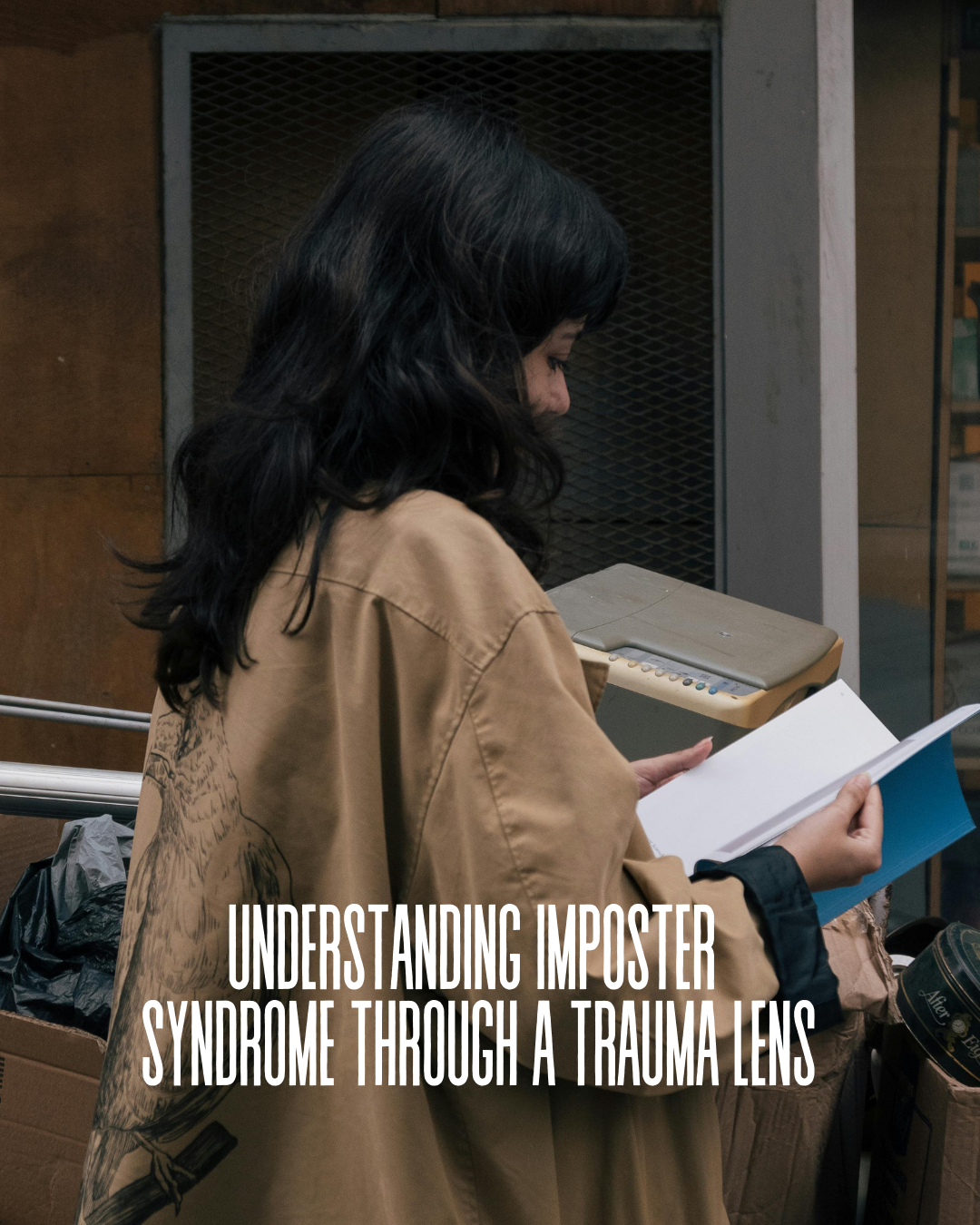Communication is the foundation of healthy relationships, yet it can also be one of the most challenging aspects to navigate. Misunderstandings, unspoken expectations, or unresolved conflicts can strain even the strongest bonds. The good news is that there are holistic coping skills that can help improve communication, foster understanding, and create a stronger connection with your partner. Practices like mindful affirmations and box breathing can bring a sense of balance and clarity, allowing you to approach difficult conversations with calm and empathy.
The Role of Holistic Practices in Communication
Holistic psychotherapy acknowledges the importance of mind, body, and spirit in our relationships. How we communicate isn’t just about the words we choose; it’s about how we feel emotionally and physically, how attuned we are to our partner, and how well we listen. When we’re stressed or emotionally flooded, our ability to communicate clearly and compassionately diminishes.
Holistic practices like mindful affirmations and breathing exercises create the mental and emotional space necessary for clear, empathetic communication. By grounding ourselves in the present moment and calming our nervous system, we can approach conversations with more openness and understanding.
Mindful Affirmations for Better Communication
Mindful affirmations are positive statements that help reframe negative or reactive thoughts. When you’re in the midst of a disagreement or feel misunderstood, repeating an affirmation can help shift your mindset, allowing you to engage from a place of clarity and compassion.
Affirmations to try:
– “I choose to listen with curiosity, not judgment.”
– “I can express my feelings clearly and respectfully.”
– “I am open to understanding my partner’s perspective.”
– “I am patient and compassionate in my communication.”
The key to affirmations is repetition and intention. When you practice these affirmations regularly, they can help you stay grounded during conversations, especially those that might trigger anger or frustration. Before entering a challenging discussion, take a moment to repeat an affirmation silently or aloud. This can serve as a reminder of your commitment to communicate with kindness and openness.
Box Breathing to Calm Your Nervous System
Box breathing, also known as four-square breathing, is a simple yet powerful technique to regulate your nervous system. This practice is especially helpful when you’re feeling overwhelmed, anxious, or reactive during a conversation.
Here’s how to practice box breathing:
1. Inhale through your nose for four counts.
2. Hold your breath for four counts.
3. Exhale slowly through your mouth for four counts.
4. Hold again for four counts.
Repeat this cycle for several minutes, focusing your attention on the breath and the counting. As you do, you’ll likely notice a sense of calm washing over you. Box breathing helps engage the parasympathetic nervous system, which promotes relaxation and reduces the fight-or-flight response that can get activated during heated discussions.
Incorporating box breathing before or even during a difficult conversation can help you remain present and emotionally regulated, making it easier to listen and communicate without reacting impulsively.
Active Listening and Nonviolent Communication
Mindful communication also involves deep listening, often referred to as active listening. This means fully focusing on your partner’s words, body language, and emotions without interrupting or preparing your response while they are speaking. It’s about truly hearing what they’re saying and validating their experience, even if you don’t agree.
To practice active listening:
1. Stay present: Avoid distractions and give your full attention.
2. Reflect back what you hear: “What I’m hearing is that you felt hurt when I didn’t respond to your message.”
3. Ask clarifying questions to ensure understanding: “Can you explain more about what that felt like for you?”
4. Acknowledge emotions: “I understand that this situation made you feel frustrated.”
5. Pair active listening with Nonviolent Communication (NVC), a technique that focuses on empathetic listening and expressing needs without blame. The NVC framework encourages you to express your feelings and needs clearly, while also being open to hearing your partner’s needs.
For example, instead of saying, “You never listen to me,” which may trigger defensiveness, try, “I feel unheard when our conversations are interrupted. I need us to have more focused time to talk.”
Integrating These Practices Into Your Relationship
The beauty of holistic coping skills like mindful affirmations, box breathing, and active listening is that they create an environment of calm and empathy. These practices empower both you and your partner to communicate more openly and authentically.
To get started:
Set aside time daily to practice affirmations, even when you’re not in conflict. Use box breathing during stressful moments to stay grounded. In tough conversations, focus on active listening and using NVC to express your needs clearly and respectfully.
Communication challenges are inevitable, but with these holistic tools, you can transform them into opportunities for growth and deeper connection. By calming your mind and focusing on compassionate engagement, you’ll create a healthier, more understanding dynamic in your relationship.
Schedule a Consultation
If you’re ready to take the next step in your healing journey, we invite you to schedule a consultation with one of our therapists. Together, we can explore how Holistic Psychotherapy NYC can help you achieve your goals. Contact us here.



